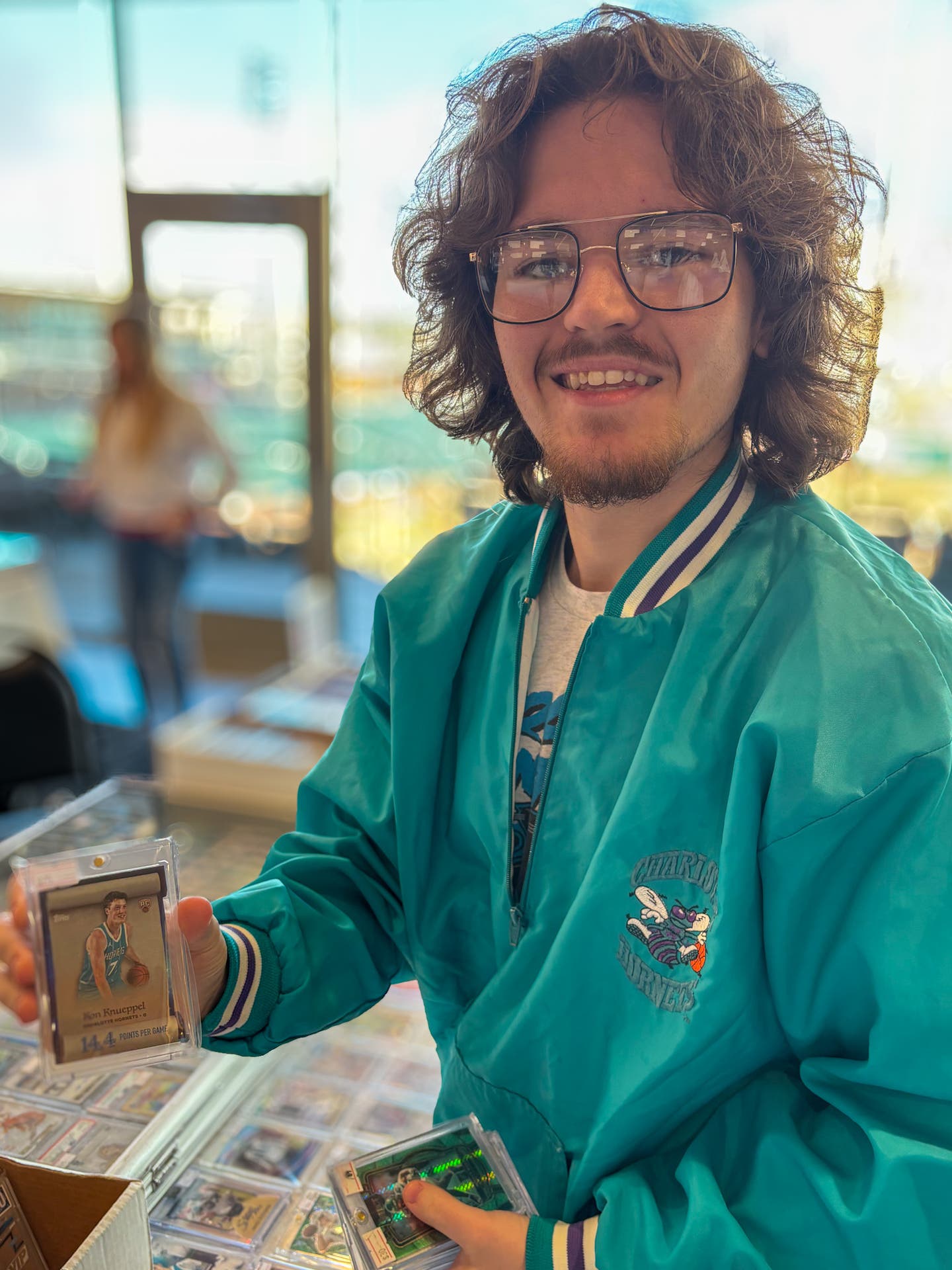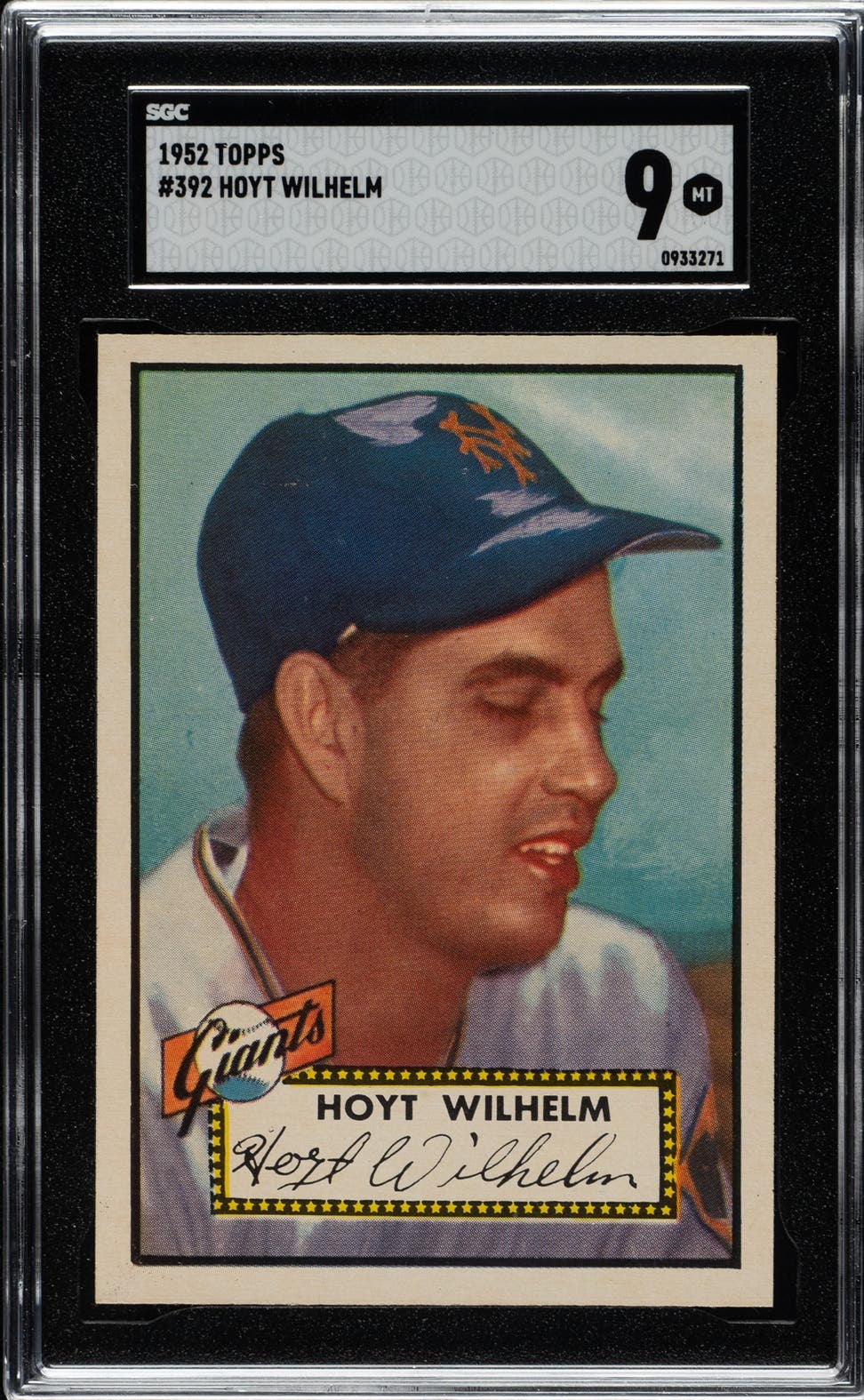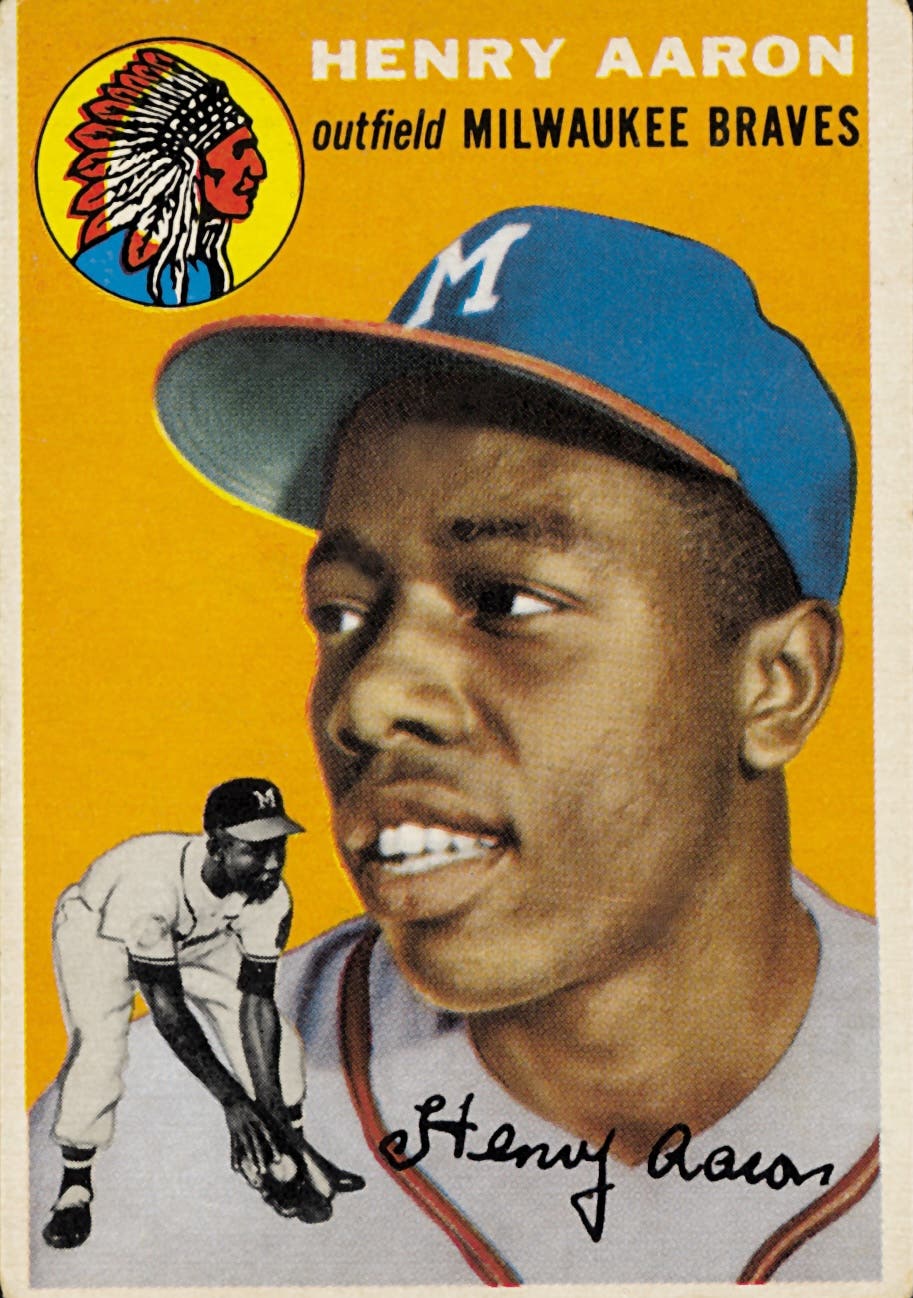News
Ripken, Gwynn: A fitting pair for the Hall of Fame
Both Cal Ripken Sr. and Charles Gwynn saw great things for their sons in the sports arena. Both got a chance to see their sons hammer a baseball around major league ballparks and make major contributions to the national pastime.
But neither Ripken Sr. nor Gwynn lived to see their sons win the ultimate honor of being inducted into baseball’s Hall of Fame this year. And when both Cal Ripken Jr. and Tony Gwynn heard they would be going to Cooperstown, both took a moment to reflect on their dads.
Baseball flows through Ripken family
Ripken Sr. was a catcher in the Baltimore Orioles’ minor league system in the 1950s, then serving as a coach and manager in Baltimore’s farm system and in the major leagues for most of his life after that.
The Ripken family settled in Maryland, and Ripken Jr. grew up longing to play for the hometown Baltimore Orioles.
“When I heard that I had made it to the Hall of Fame, it was a time to reflect on all the people who helped me get there,” Ripken said.
And one of the people most pivotal to his career was his father.
When Ripken’s dad was managing the Orioles in 1987, he was the first major league manager who was able to write in the names of both of his sons on the lineup card. Cal’s brother Billy played second, and Cal was at shortstop.
“I know my dad would be very proud of this accomplishment,” Ripken said of his Hall of Fame induction. “My dad wasn’t one to offer up a lot of praise or emotion. He held it inside. But you could tell in his eyes that he was very proud.”
Ripken, the man who set the major league record for playing in the most consecutive games, said he wished his dad could have seen him inducted into baseball’s shrine, adding, “I lost my dad about eight years ago, and what I’ve learned was that at first you think he’s gone — then you realize that he’s with you every step of the way.”
A mother’s influence
Gwynn’s father passed away in 1993.
“I think he would be pretty proud of me, darn proud of me,” Gwynn said. “His chest would be out, and he’d have a big smile on his face. He was a person who could see a lot of success for me, even before I could see it. He would be very happy.”
Gwynn, who played 20 seasons with the San Diego Padres, actually had a choice about whether he would play major league baseball or make a name for himself in the NBA.
Gwynn was an outstanding basketball and baseball player at San Diego State University. On the basketball court, he played point guard. He was drafted by both the San Diego Padres and the NBA’s San Diego Clippers on the same day in 1981. But during his days at San Diego State, he came to love baseball more than basketball, and decided to go with the Padres.
“If it wasn’t for my mom, I wouldn’t have played baseball,” said Gwynn, a native Californian. “I went to San Diego State on a basketball scholarship. But my mom said to me, ‘You should try out for baseball, too. You never know how things are going to work out.’ ”
Tony’s mom Vendella was with her son when he got word that he had been elected to the Hall of Fame.
Ripken credited his mom Viola for his success, as well.
“My mom was one of the most influential people in my life,” he said. “Sometimes, when your dad is in professional baseball, the game takes him away a lot. My mom served as mom and dad at times — [she] put her arm around me when I had a bad day and pumped me up when I had a good day. Mom was always there for me. She was a very powerful force, and I’m glad I have a chance to thank her publicly.”
Home-field advantage
Ripken and Gwynn have a lot in common, besides going into the Hall of Fame together.
Both players compiled more than 3,000 hits in their major league careers, both played on the same team with their brothers for a while (Tony with Chris in 1996; Cal with Billy for parts of seven seasons, including 1987-88) and both spent their entire careers playing for only one major league team — Ripken with the Orioles and Gwynn with the Padres.
Ripken was proud to play for only one team.
“It has many advantages,” he said. “It’s a stabilizing force in your home life. You can put down roots and put them down deep. The fans know that you’re going to be there every day. But you go through hard times, as well. Teams go through rebuilding periods, and that can be a difficult process.”
Gwynn, who is known as Mr. Padre, echoed Ripken’s thoughts about playing his entire career with one team.
“When a team drafts you, they’re putting a lot of faith in you. And when you get to the major leagues, you can show that faith was wisely placed by helping the team win,” Gwynn said. “For me, it was an issue of being where I wanted to play. The ballpark was conducive to the type of hitter I was. I loved the fact that I played with one team, and when you look at the back of my baseball card, it looks cool that you’ve only been with one team.”
Consistent approach
Gwynn, now 48, is a lifetime .338 hitter. He never batted below .309 in his major league career, except for his rookie year in 1982, when he only had 190 at-bats and batted .289. In 20 years in the major leagues and 9,288 career at-bats, Gwynn only struck out 434 times. He had 3,141 hits and won eight National League batting titles (1984, 1987-89, 1994-97), tied for the most in National League history with Pittsburgh Pirates standout Honus Wagner. He also shares the record with Wagner for earning four straight batting titles.
“I knew who I was. I knew the kind of hitter I was. And getting into the Hall of Fame is sort of like a validation for the contact hitter,” Gwynn said. “It shows that there’s room for a hitter like me in the game, not just room for home-run hitters.”
But even though he’s renown for his offensive accomplishments, the outfielder said he’s most proud of winning his first Gold Glove in 1986. Gwynn eventually won five Gold Gloves, meaning his contributed both offensively and defensively.
“It meant that I was an all-around player, and that was important to me,” Gwynn said.
Gwynn was also a model of consistency, putting together 19 seasons with a .300-plus batting average. Only Ty Cobb, with 23 .300-plus seasons, had more.
“I’d like to be remembered for my consistency,” Gwynn said. “I did what the team needed me to do. And my personal statistics took care of themselves.”
In the strike-shortened 1994 season, Gwynn hit a scorching .394, the highest season batting average since Ted Williams hit .406 in 1941.
The 15-time All-Star realizes that he’s best known for batting titles.
“And that’s what people think you set out to do,” Gwynn said. “But what I set out to do was help my team win. I just did whatever they needed me to do. If they needed me to drive in a run, I did it. If they needed me to move a runner over, I did that. If they needed me to steal a base, I did that. I wanted to win a World Championship. It didn’t happen.”
Gwynn’s Padres were in post-season play three times, and ended up in the World Series twice — once in 1984 against the Detroit Tigers and again in 1998 against the New York Yankees. The Padres lost both those series, but some of Gwynn’s most cherished memories come from the 1998 Fall Classic, when he batted .500 and hit a long home run into the second deck at Yankee Stadium in the fifth inning of Game 1. That homer put the Padres up 4–2 at the time, but they eventually lost the game 9–6, and the Yankees won the series in four games. Despite losing the World Series, Gwynn said the 1998 Padres, which actually played together from 1996-99, was probably the best group of players he ever played with.
“For me, baseball was never as much fun as it was then,” Gwynn recalled. “It was a great bunch of guys. We watched out for each other and we won.”
Changing the face of the game
Ripken, who had 3,184 hits and 431 home runs, also made a major contribution to the game defensively, changing the way both management and baseball aficionados looked at the shortstop position. Most teams that scouted the 6-foot-4-inch Ripken viewed him as a pitcher rather than a shortstop. Up to that point, shortstop was usually played by shorter players.
Ripken played third base in his minor league career, and most observers thought that’s where he’d end up in the majors. But when he arrived in Baltimore late in the 1981 season, Orioles manager Earl Weaver started thinking of using Ripken at short. In 1982, Ripken’s first full season, Weaver made the move, and Ripken reshaped the position in his own image, paving the way for a generation of bigger, stronger, heavy-hitting shortstops such as Alex Rodriguez, Derek Jeter and Nomar Garciaparra.
Ripken won two Gold Gloves at the position (1991-92), and played shortstop during most of his consecutive-game streak, which started in 1982 and ran through 1998. Ripken played in 2,632 consecutive games, breaking the 56-year-old record of New York Yankees immortal Lou Gehrig on Sept. 6, 1995.
But Ripken doesn’t take credit for the monumental streak.
“It was actually started by the managers who wrote my name into the lineup every day and chose to play me every day,” he said. “I didn’t start out to break that record. I just came ready to play every day, and I never said, ‘I’m only 75 percent today’ or ‘I can’t hit that pitcher today.’ If the manager wrote me in, I played.”
Ripken credits teammate and fellow Hall of Famer Eddie Murray with teaching him the importance of playing daily.
“I get credit for playing all those games and breaking the record,” said the 46-year-old Ripken. “But when I came to the big leagues, Eddie Murray was the guy who embraced me and made me feel part of the big league scene. He led by example, and he showed me the importance of being in the lineup every day.”
Ripken was also in post-season play three times, ending up in the World Series in 1993 when the Orioles beat the Philadelphia Phillies in five games. Ripken caught the last out of that World Series.
“When I put my hand around that ball, it was a sense of great relief,” the shortstop said. “I caught that ball, which was hit by Garry Maddox, and I never let go of it. I still have it. It’s one of my greatest mementos.”
Ripken wanted to get back to the World Series so badly that in 1997 he continued to play (thus also keeping his streak intact) even though he had a herniated disc in his back. He remembers being in great pain.
“We were leading the Yankees in the division, and I thought we really had a good chance to go the World Series,” Ripken said. “I’d worked a long time for this, and I wasn’t willing to sit it out. I asked the doctor if I could do any permanent damage by playing. He said no, so I stayed in. It was difficult, but it was worth it.”
As it turned out, the Orioles won the division title but lost to the Cleveland Indians in the 1997 American League Championship Series in six games.
When Ripken finally decided to sit out a game and end what came to be known as The Streak at 2,632 games in 1998, it was rookie Ryan Minor who was told to go in and play in Ripken’s place against the Yankees at Camden Yards on September 20.
“Ryan refused to go in the game,” Ripken said. “He thought it was a rookie prank. We couldn’t convince him that I was really going to sit out the game. Finally, he realized that the whole team was out on the field, so he went out there,” Ripken said. “Once he took the field, all the Yankees realized what was going on and came up to the top step of the dugout and gave me an ovation. It was a very moving moment, though just moments earlier we were having quite a laugh over Ryan Minor’s skepticism.”
Ripken’s streak lasted 16 years. Overall, the Baltimore great played for 21 years and was a 19-time All-Star. He won the Rookie of the Year award in 1982.
“I was very proud of the streak, not because it was a record but because that’s how a player should approach the game,” said the two-time American League MVP (1983 and 1991). “I loved and respected the game.”
Both Ripken and Gwynn wanted to work with young people after their playing days, and both followed through on that. Ripken and his brother founded several baseball academies to teach youngsters “how to play the game right.” Gwynn is the baseball coach at his alma mater, San Diego State.
Ripken was the most consistent player of his generation. Gwynn was one of the best hitters of his generation. It’s only fitting for them to enter Cooperstown together.
Robert Grayson is a frequent contributor to Sports Collectors Digest.








